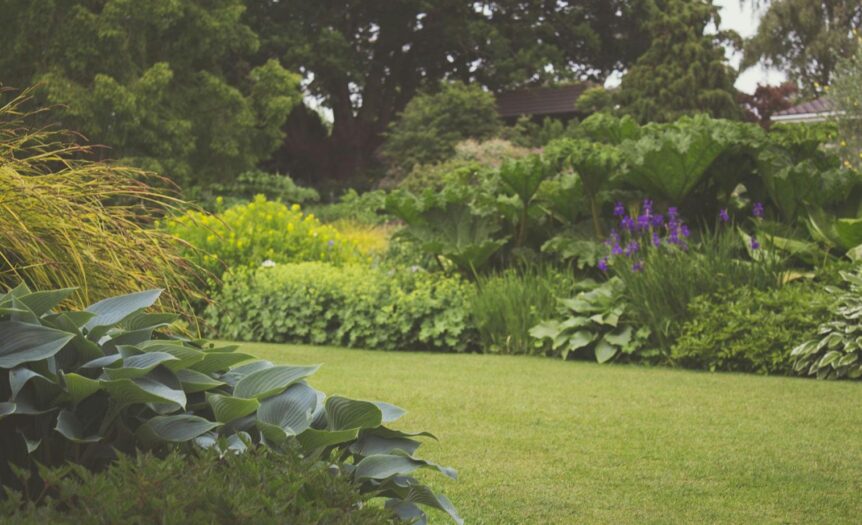Keeping your garden free from pests is essential for maintaining a healthy and thriving outdoor space. By implementing preventive measures, you can protect your plants and enjoy a beautiful, functional garden. In this guide, we will explore effective strategies to deter common garden pests and ensure your garden remains pest-free.
When it comes to preventing pests in your garden, taking proactive steps is crucial. Rather than dealing with infestations after they occur, focusing on prevention can save you time, effort and resources. Understanding the importance of pest prevention will help you create a resilient and healthy garden environment.
Understanding Common Garden Pests
Identifying the types of pests that frequently invade gardens is the first step toward effective prevention.
Common garden pests include aphids, snails, slugs, caterpillars, and beetles. These pests can cause significant damage to plants by feeding on leaves, stems, and roots. Some pests are more challenging to manage than others, however, and require targeted approaches like ant control service providers who can use professional techniques to rid your garden of nuisances.
Knowing the signs of pest infestations is also important. Look for damaged or discolored leaves, holes in foliage, and visible insects in plants. Early detection allows you to take prompt action before the infestation becomes severe. Regularly inspecting your garden will help you catch potential problems early and address them effectively.
In addition to the direct damage caused by pests, some insects can also transmit diseases to plants. Aphids, for example, are known to spread viral infections as they feed on plant sap. By understanding the potential impact of pests on plant health, you can prioritize prevention and take timely action to protect your garden from both direct damage and disease transmission.
Natural Methods for Pest Control
Using natural methods for pest control is not only environmentally friendly but also safe for your plants and beneficial insects. One effective approach is introducing beneficial insects like ladybugs and predatory beetles that feed on common garden pests. These natural predators help keep pest populations in check without the need for chemical interventions.

Additionally, companion planting can be an excellent strategy. Certain plants emit scents or chemicals that repel specific pests. For example, planting marigolds alongside tomatoes can deter nematodes. Using natural methods promotes a healthier garden ecosystem and reduces reliance on synthetic pesticides.
Another natural pest control method is using organic pesticides derived from plants. Neem oil, for instance, is a popular choice that disrupts the feeding and reproduction of various pests. Insecticidal soaps and horticultural oils can also be effective in managing soft-bodied insects like aphids and mites. These natural alternatives provide targeted pest control without harming beneficial insects or contaminating the environment.
Maintaining Garden Hygiene
Good garden hygiene practices are essential for preventing pest infestations. Keeping your garden clean and free of debris minimizes hiding places for pests. Regularly removing dead leaves, fallen fruits, and plant residues helps reduce the likelihood of attracting pests.
Proper watering techniques are also crucial. Overwatering creates damp conditions that attract slugs and snails while underwatering can weaken plants, making them more susceptible to pest attacks. Finding the right balance in watering will support plant health and deter pests effectively.
Using Physical Barriers
Physical barriers can be highly effective in preventing pests from accessing your plants. Using row covers or netting can protect plants from flying insects like aphids and caterpillars. These barriers provide a physical shield while allowing sunlight and water to reach the plants.

Another method is using collars around plant stems to prevent cutworms from attacking young seedlings. Installing fences or barriers around your garden can deter larger pests like rabbits and deer from feasting on your plants. Physical barriers offer a straightforward solution to keeping pests at bay without resorting to chemical treatments.
Summing Up
Preventing pests from setting up home in your garden is imperative to keeping the area your own inner sanctuary to enjoy and relax in. It is vital you take steps to prevent nuisances from entering and know the techniques required to keep them at bay.








